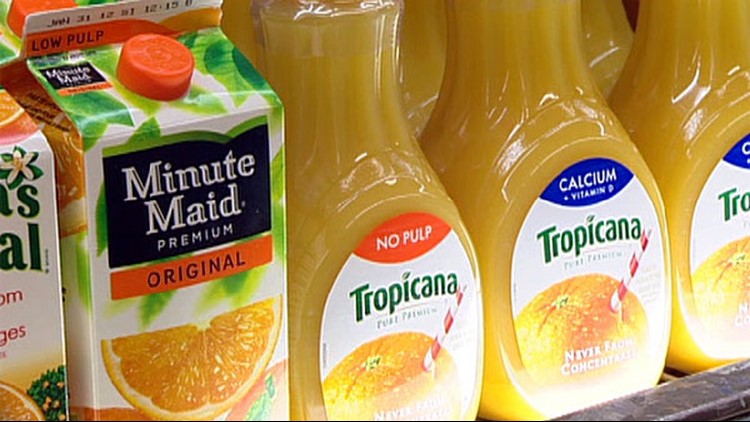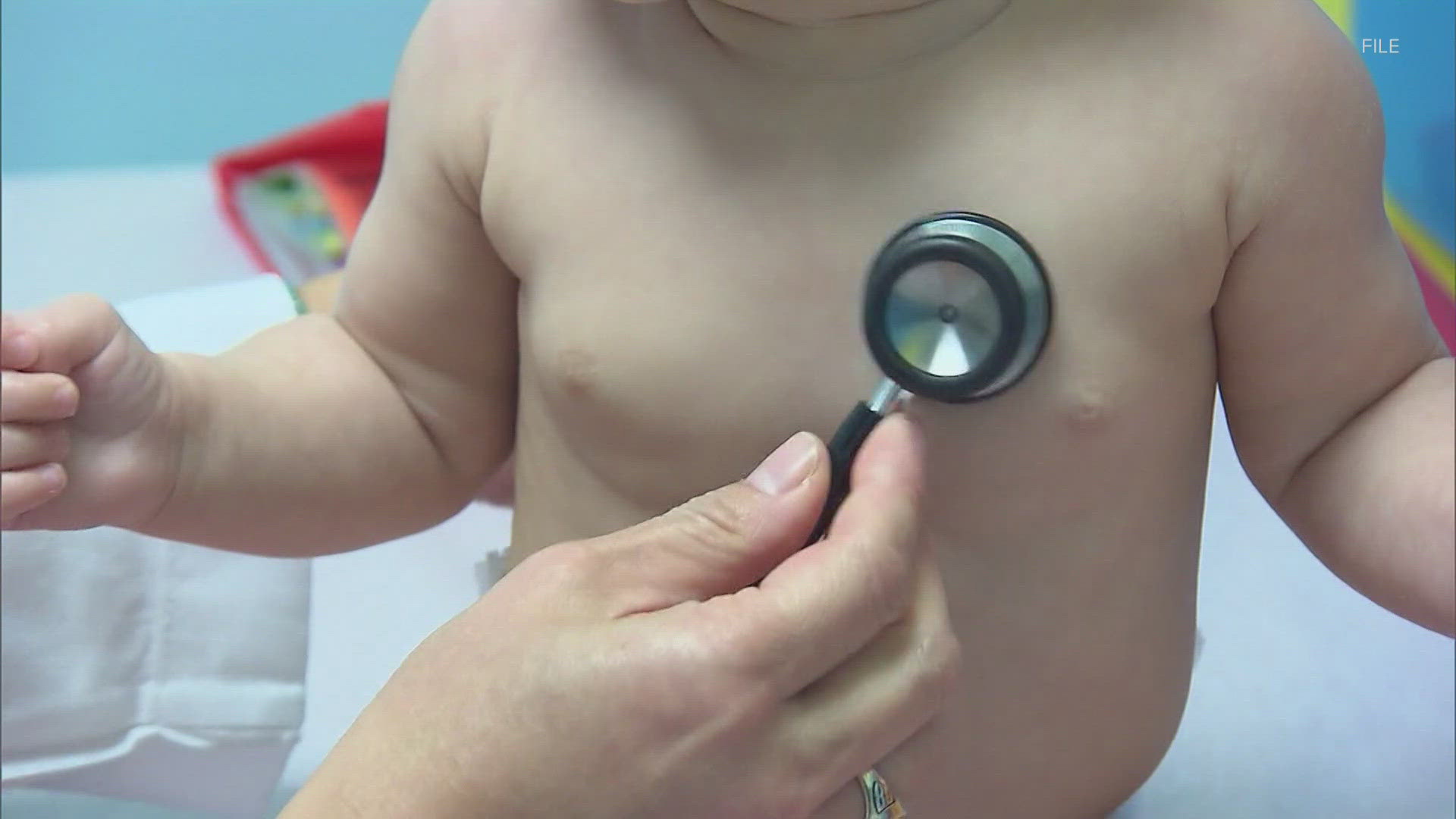How much sugary fruit juice is alright for children to drink? Dr. Wendy Sue Swanson, a pediatrician at Seattle Children’s hospital, shares tips for parents on monitoring your child's juice consumption.
What is fruit juice?
- Predominantly water and carbohydrates (sucrose, fructose, glucose, and sorbitol)
- Some have naturally occurring high contents of potassium, vitamin A, and vitamin C
- Juice for infants typically do not contain sulfites or added sugars.
Effects of fruit juice
- Fruit juice offers no nutritional benefits for infants younger than 1-year-old
- Excessive juice consumption is associated with diarrhea, flatulence, abdominal distention, and tooth decay
- Excessive juice consumption may be associated with malnutrition (overnutrition and undernutrition)
American Academy of Pediatrics recommendations
- Do not give juice to infants before 1 year of age.
- Do not put juice in bottles or sippy cups, and do not give it to them at bedtime – reduce time allowed to consume juice easily throughout the day.
- Encourage eating whole fruit to meet their recommended daily fruit intake.
- Avoid juice if your child has diarrhea – it is not appropriate in the treatment or management of dehydration.



